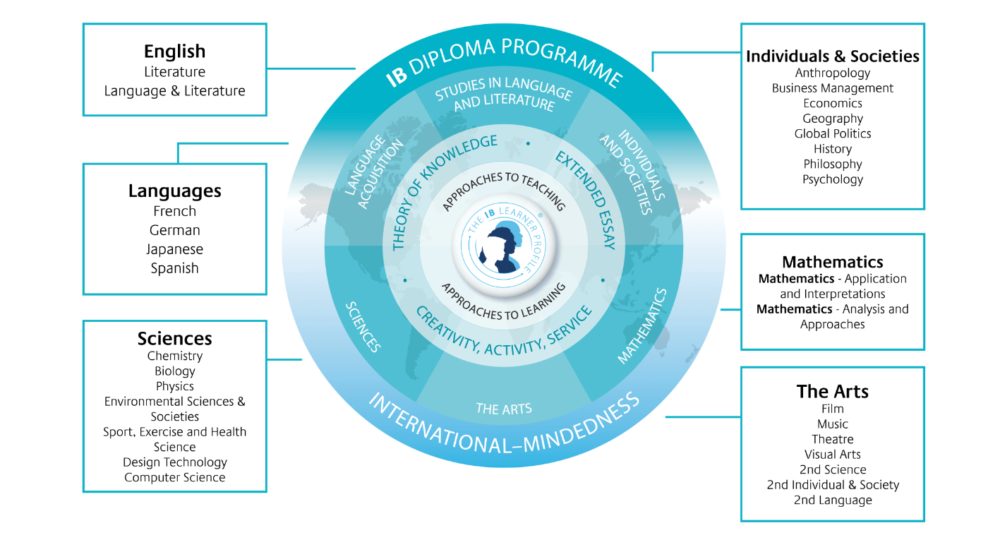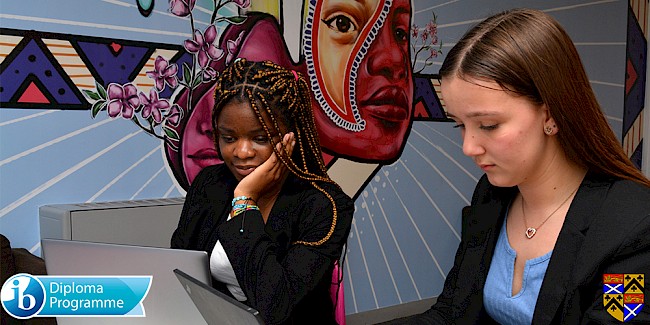3. It’s totally relevant
The IB provides an education that is relevant to the modern world, employers are crying out for students with a language, mathematical ability, and with stellar communication skills, all of these are fully honed and developed when you take the IB Diploma.
4. The amazing scope on offer
It’s rare for people to know exactly what they want to do after education, and then to stick to it and see it through. The world is so wide, the learning always ongoing and if you choose an IB you choose to learn this way of thinking.
The IB encourages the experience of different academic possibilities available, there is always time to specialise and streamline. The six subject groups combined with the core components CAS (Creativity, Activity, Service), TOK (Theory of Knowledge and EE (Extended Essay) ensures that you are exposed to the main academic streams and more.
5. Feeling of freedom
You, as an IB student, are given the freedom to seek out what interests and inspires you and then learn to identify links between it all, and to trust and follow your own instincts. Links can be made between something taught in math’s class and a goal out on the netball court, this can then develop into a personal project of study, such as for The Extended Essay.

6. Experiential learning
One of the three essential elements that you complete as part of the Diploma Programme is CAS (Creativity, Activity, Service), this allows you to learn through experience and act in the service of others. You can pursue their own interests and skills through projects, clubs, community service, sports, and other co-curricular activities. CAS helps to shape you into a well-rounded, motivated, engaged person.
7. Time Management
The key to good independent study is time management and this skill is picked up instinctively when you choose the IB. Establishing good study habits, setting aside time for assignments, developing individual revision techniques and resisting distractions – when you master these skills you will be one step ahead when you progress to a university level education.
8. Personal growth
When undertaking an IB you are exposed to multiple perspectives; you learn to articulate your own opinions, master balancing academic work with co-curricular activities, learn through doing and experiencing, and you acquire skills to research as well as manage time and work – all which helps in your career path and in life too.
9. Globally minded
In our Brexit landscape, it will be more necessary than ever for tomorrow’s leaders to be able to engage with the whole global economy. The IB is internationally recognised and offered by 150+ countries globally with colleges and universities from almost 90 countries also acknowledging it.
This includes prestigious US universities, such as Harvard, Yale, and Stanford. The IB curriculum teaches you to be outward-facing and culturally aware, so you are prepared as global citizens.
10. It’s more than an exam
As the IB assesses more than examination techniques you learn to understand, not just memorise, facts or topics. You will also master how to analyse and evaluate issues, generate ideas and consider new perspectives, as well as how to prepare for exams.
11. First to finish
IB examinations end in May and you receive results in July, securing your academic next steps six weeks before the August results are even announced.

